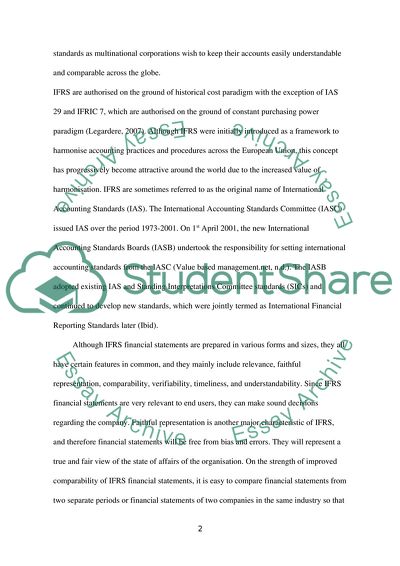Cite this document
(“International Issues in Accounting and Audit Essay”, n.d.)
International Issues in Accounting and Audit Essay. Retrieved from https://studentshare.org/finance-accounting/1644886-see-the-order-instructions-below
International Issues in Accounting and Audit Essay. Retrieved from https://studentshare.org/finance-accounting/1644886-see-the-order-instructions-below
(International Issues in Accounting and Audit Essay)
International Issues in Accounting and Audit Essay. https://studentshare.org/finance-accounting/1644886-see-the-order-instructions-below.
International Issues in Accounting and Audit Essay. https://studentshare.org/finance-accounting/1644886-see-the-order-instructions-below.
“International Issues in Accounting and Audit Essay”, n.d. https://studentshare.org/finance-accounting/1644886-see-the-order-instructions-below.


